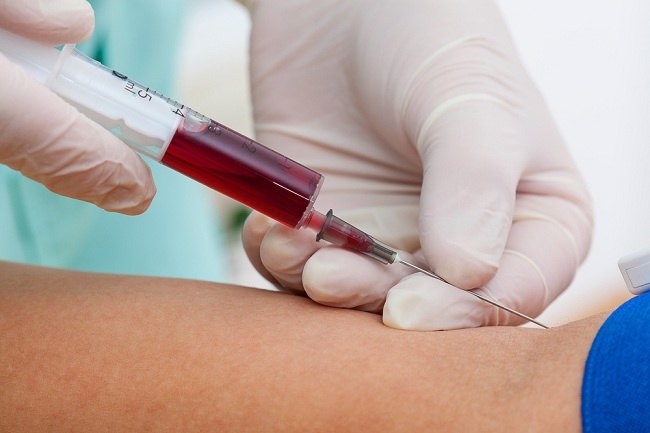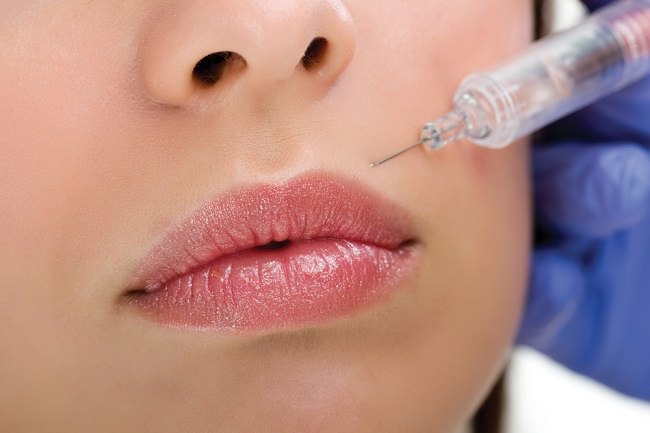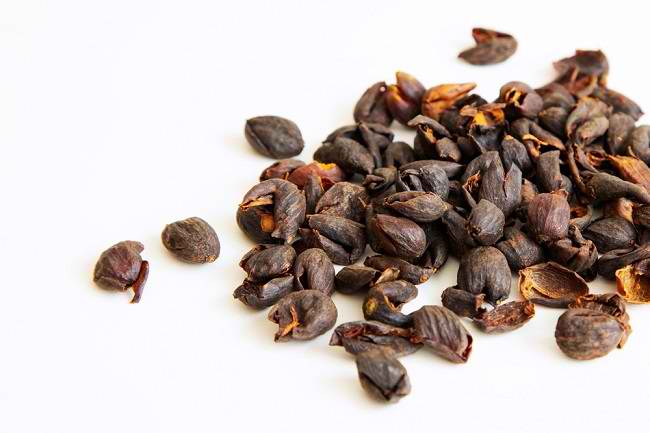Vasomotor rhinitis is also known as non-allergic rhinitis. In this condition, there is inflammation of the inside of the nose that is not caused by an allergy trigger. Runny nose, sneezing, and nasal congestion for no apparent reason can be signs of vasomotor rhinitis.
Vasomotor rhinitis can affect anyone, both children and adults. However, this condition is usually more common after the age of 20 years. Symptoms of vasomotor rhinitis are similar to those of allergic rhinitis.

Even so, the causes of these two types of rhinitis are different. The triggers for the appearance of symptoms of non-allergic rhinitis vary, ranging from certain irritants in the air, changes in weather, some medications, certain foods, and chronic health conditions.
Vasomotor Rhinitis Causes and Symptoms
The exact cause of vasomotor rhinitis is not known. However, several factors are thought to trigger the symptoms of vasomotor rhinitis, namely:
- Irritants in the surrounding environment, such as perfume, cigarette smoke, and air pollution fumes
- Changes in weather, especially dry weather
- Viral infections associated with colds and flu
- Spicy or hot food, such as soup
- Alcoholic beverages, such as beer and wine
- Excessive use of nasal spray decongestants
- Hormonal changes during pregnancy or menstruation
- Certain medications, such as antihypertensive drugs, beta blockers, antidepressants, aspirin, and birth control pills
Vasomotor rhinitis begins with dilated blood vessels in the nose. This dilation of blood vessels makes the nasal wall swell. This can cause a stuffy, runny nose, discomfort or mild irritation, and a reduced sense of smell.
If you have vasomotor rhinitis, you may not experience any symptoms of an itchy nose, watery or itchy eyes, and an itchy throat. These symptoms are commonly found in allergic rhinitis.
Vasomotor Rhinitis Treatment and Prevention
The ENT doctor will perform a general physical examination and carry out supporting tests, such as allergy testing and endoscopy to see the inside of the nose, if necessary. If no abnormalities are found on the examination, the diagnosis is likely to suggest vasomotor rhinitis.
The main treatment principle in vasomotor rhinitis is to avoid the factors that cause symptoms, such as wearing a mask when cleaning house dust or avoiding the smell of strong perfume. But besides that, there are several drugs that can be done to treat the symptoms, namely:
- Saline nasal spray.
- Corticosteroid sprays, such as fluticasone or triamcinolone.
- Decongestants, such as pseudoephedrine or
If your symptoms are severe or if you experience side effects from over-the-counter medications, your doctor may prescribe a stronger nasal spray, such as mometasone, azelastine, or ipratropium.
Vasomotor rhinitis may worsen due to other conditions of the nose, such as nasal polyps and deviated septum. Improving this condition can improve air circulation in the nose and relieve symptoms of vasomotor rhinitis.
So, if the drugs are not effective in relieving symptoms, or if the symptoms are very disturbing with daily activities, the doctor may suggest surgery.
If you experience vasomotor symptoms, check with your doctor so he can get a thorough examination and advice or treatment according to the cause of the symptoms.









